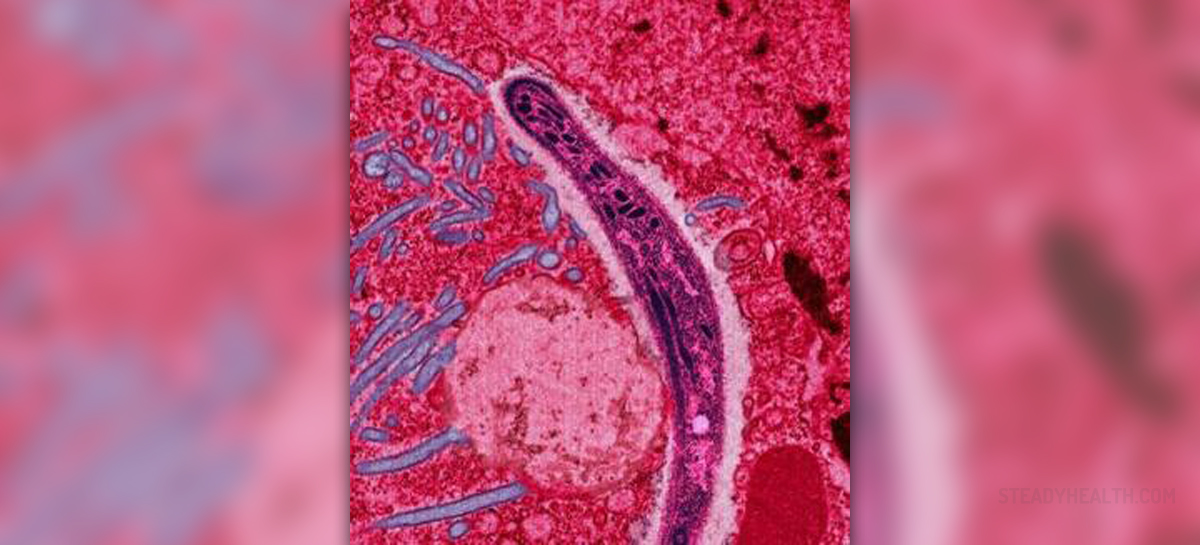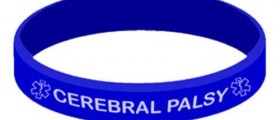
In a nutshell, cerebral malaria is a rapidly developing encephalopathy that occurs in only 20 to 50 percent of all malaria cases. Scientists still do not have a definite answer to the question why this condition develops in some patients and not in others. Cerebral malaria is understood as a major complication of falciparum malaria, the most dangerous type of malaria. The complication involves clogging of the cerebral microcirculation by the parasitized red cells. This results in the blockage in the blood stream and a low oxygen and nutrients supply.
It is now commonly understood that falciparum malaria contributed in no small way to the final fall of the Roman Empire. There is even a DNA evidence to support this theory.
Symptoms of cerebral malaria
Cerebral malaria manifests in a number of different symptoms. However, a series of symptomatic manifestations are common for both children and adults and they include impaired consciousness with non-specific fever; generalized convulsions and neurological sequelae; delirium; and coma that can persist for 24-72 hours that initially is rousable and then unrousable. In severe P. falciparum malaria, the neurological dysfunction can manifest suddenly following a generalized seizure or gradually over a period of several hours. High-grade fever and strong antimalarial drugs commonly cause neurological manifestations such as altered behavior and an impairment of consciousness. Hypoglycemia, hyponatremia and severe anemia are also recognized as causes of neurological manifestations in anemia.
Treatment of cerebral malaria
Patients affected with falciparum malaria should get immediate medical care since this disease may progress to cerebral malaria and be fatal in just a couple of days. The disease is fatal for approximately 20 percent of adults and 15 percent of children. However, patients that survive may have serious neurological defects.
Standard antimalarial treatment with parental quinine and artemisinin derivates are effective in treatment of cerebral malaria. If the patient gets seizures, he or she should immediately be treated with anticonvulsants.
Meticulous nursing is the most important aspect of management in patients with cerebral anemia. Care providers should always maintain a clear airway for patients by turning the patient every two hours and by placing a patient in a semi recumbent position to reduce the risk of aspiration.
Care providers should carefully monitor: a patient’s vital signs every couple of hours, changes in the temperature, arterial carbon dioxide tension, blood glucose, and arterial lactate concentration.
Other treatments involve managing the symptoms by administrating medications to reduce fever, using agents to reduce intracranial pressure, reducing free iron in the body or medically supporting the blood flow.

















Your thoughts on this
Loading...